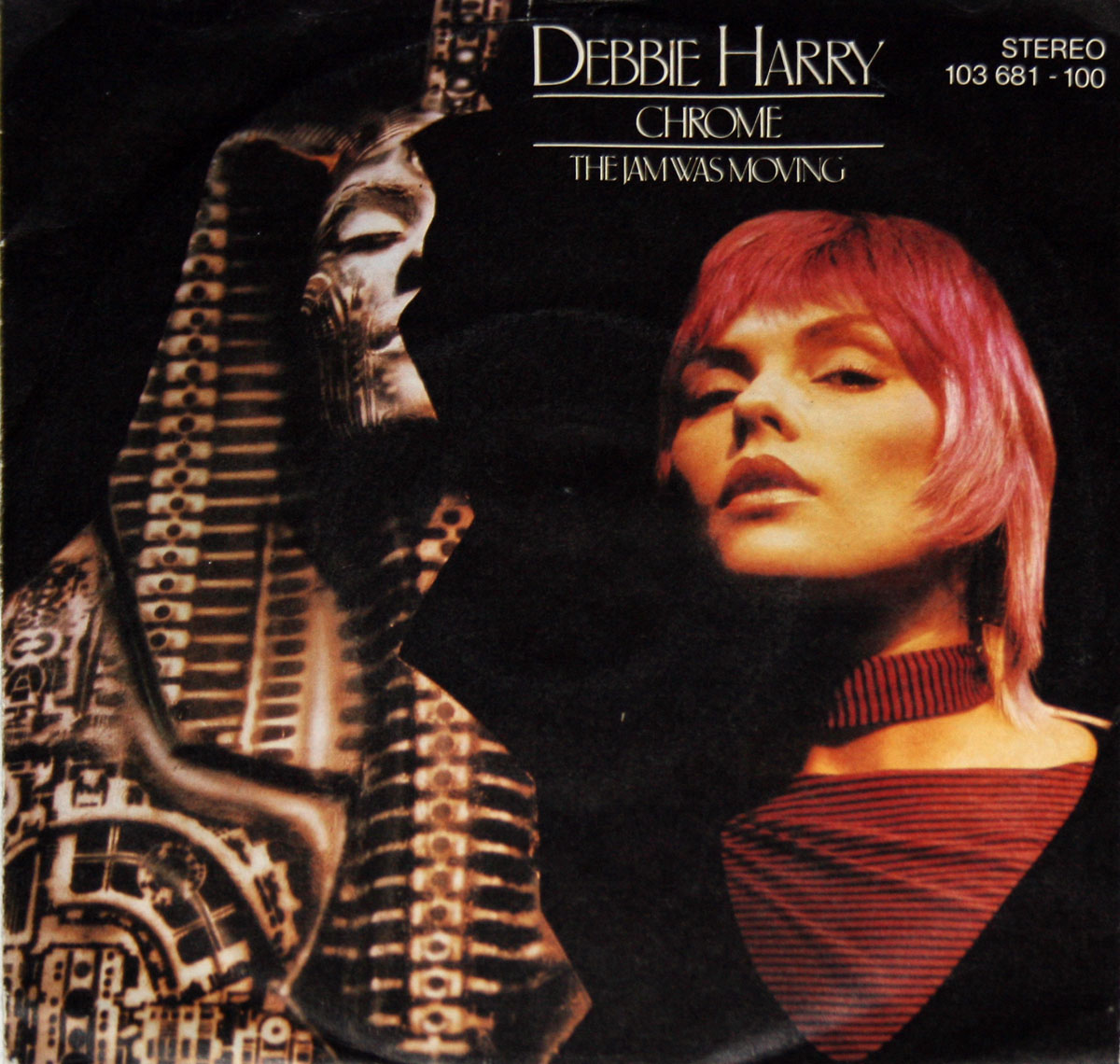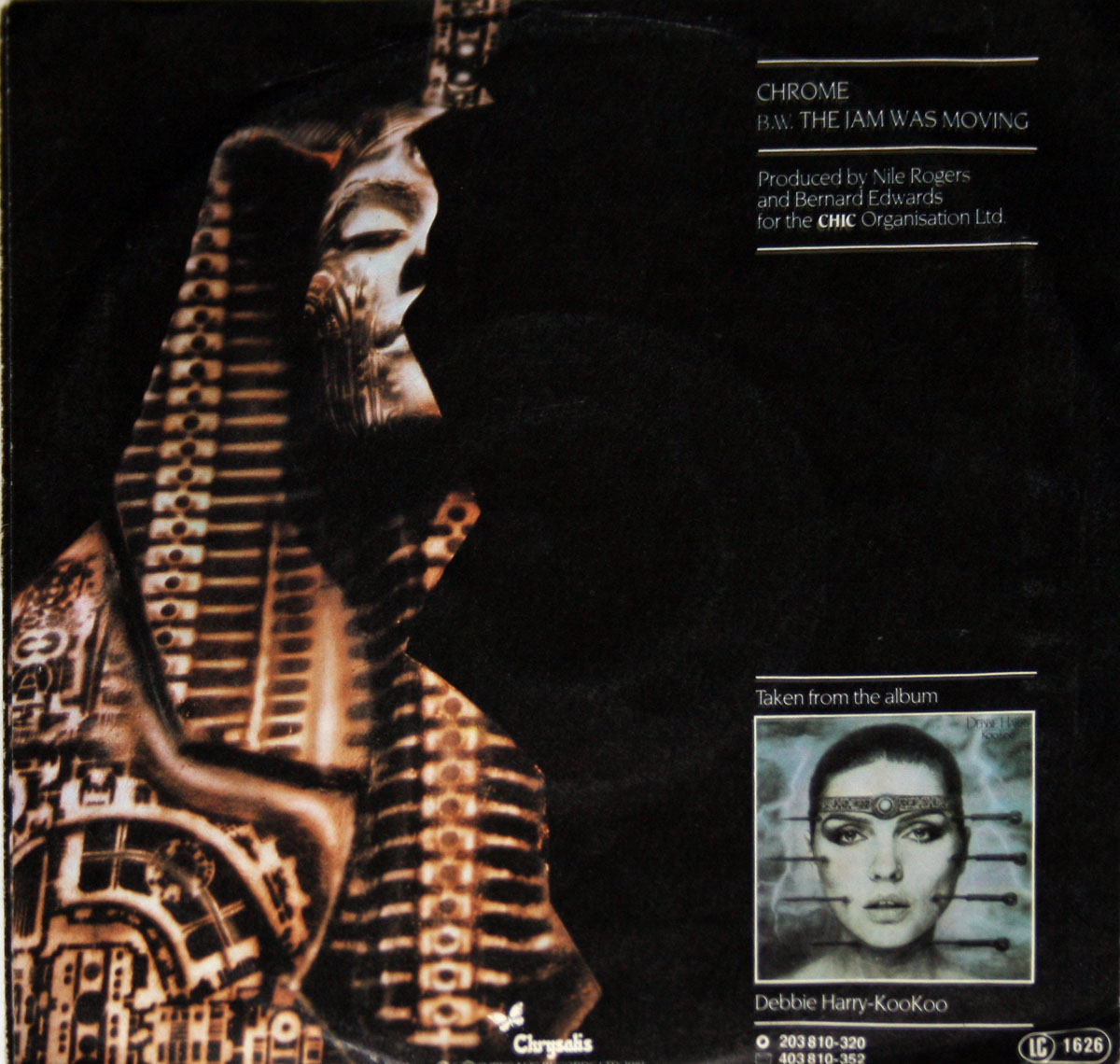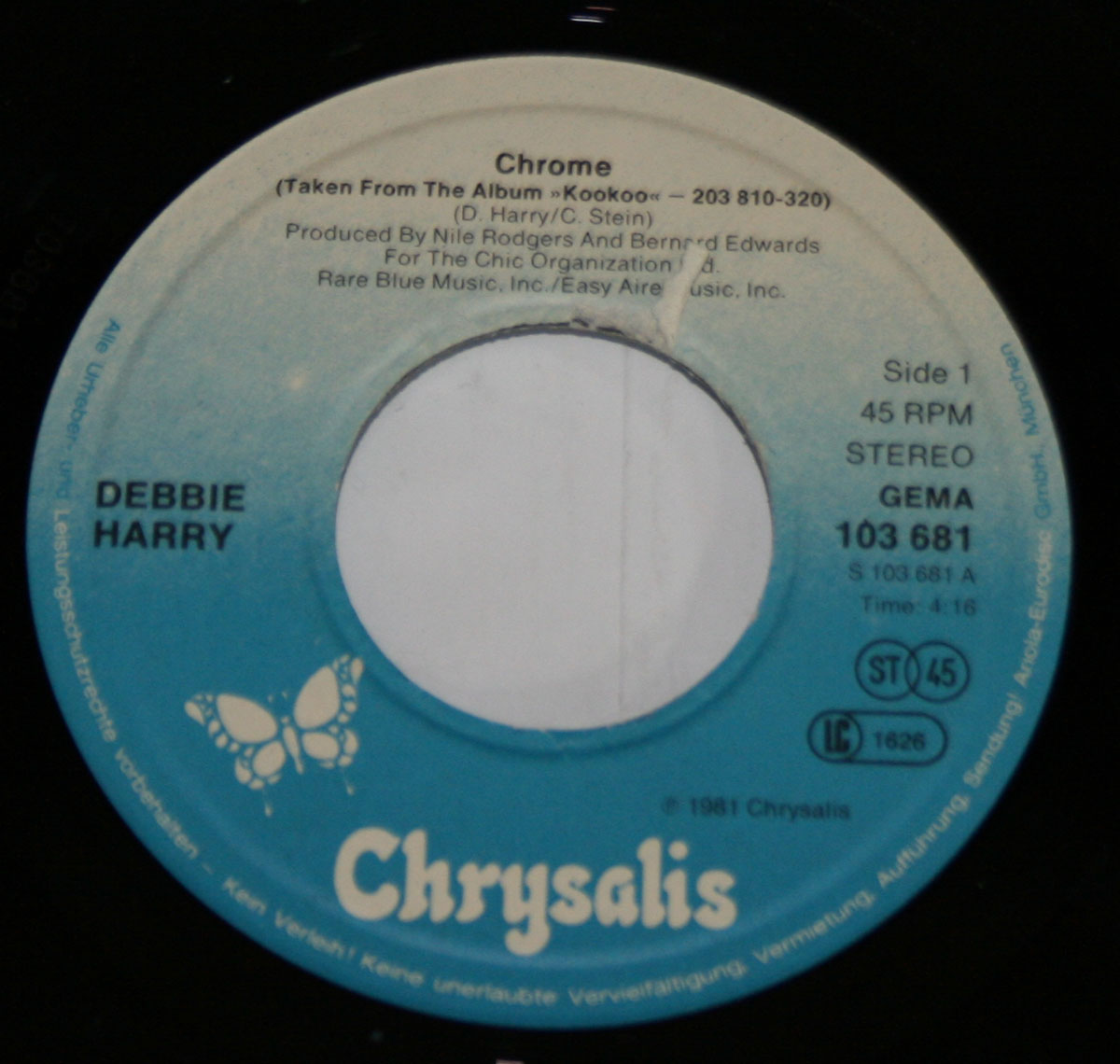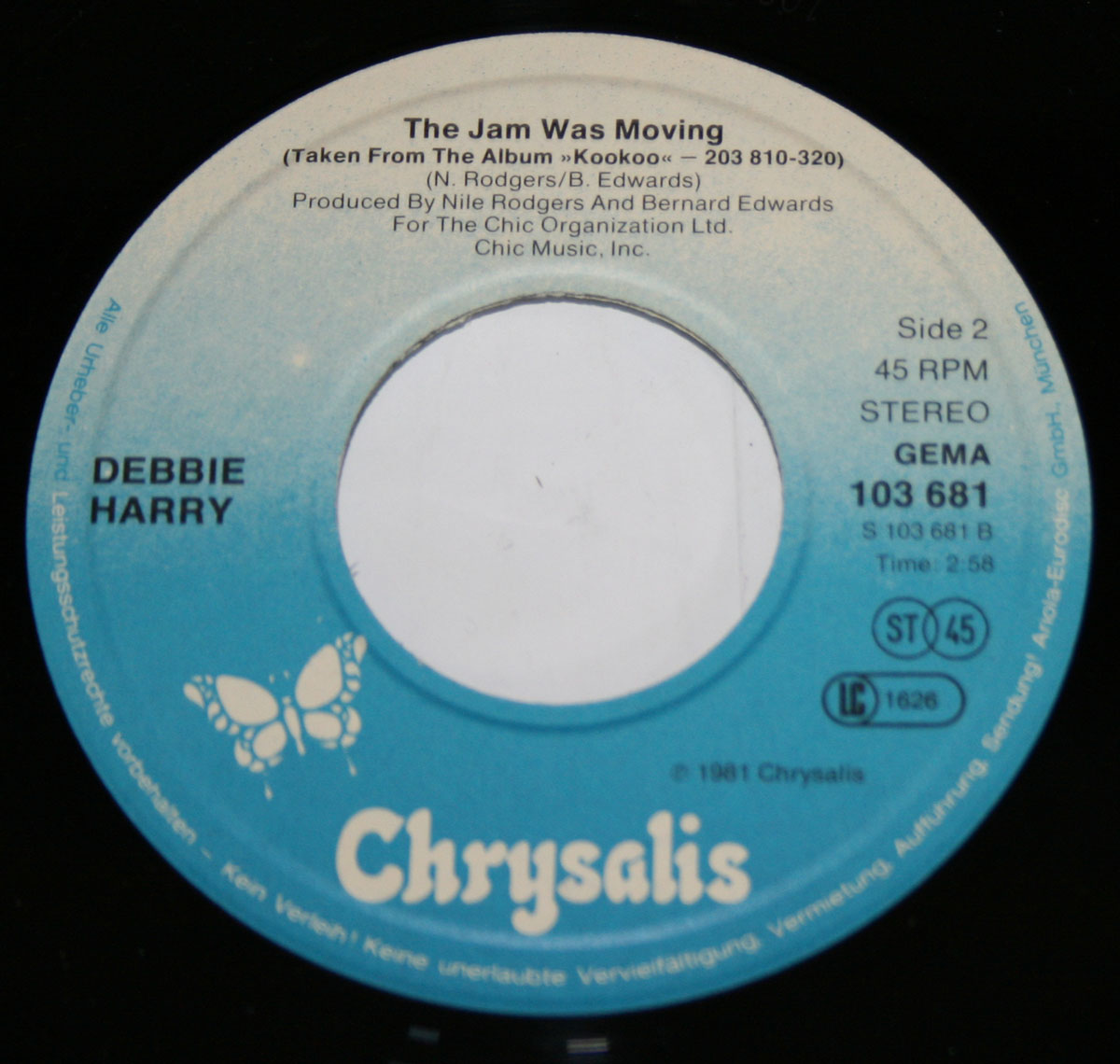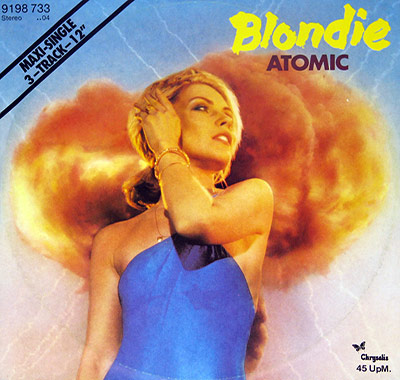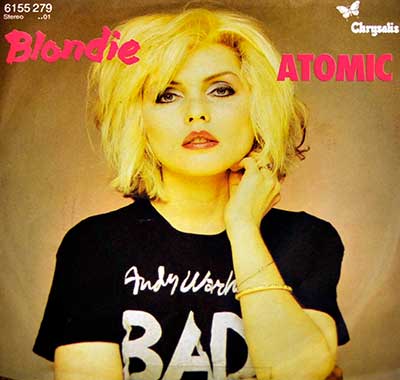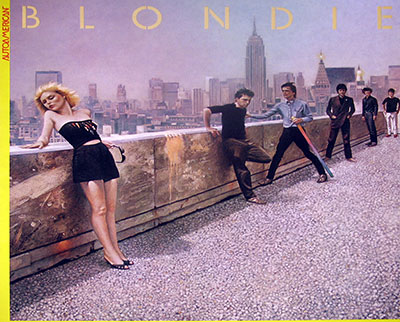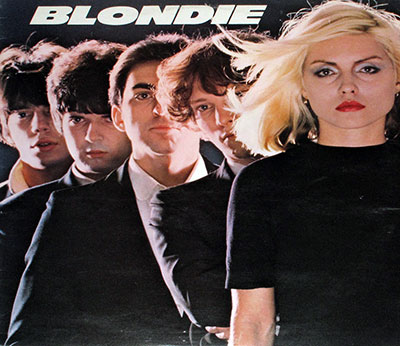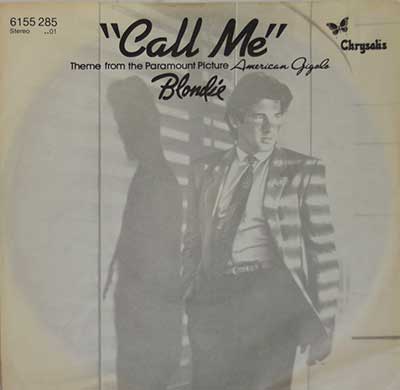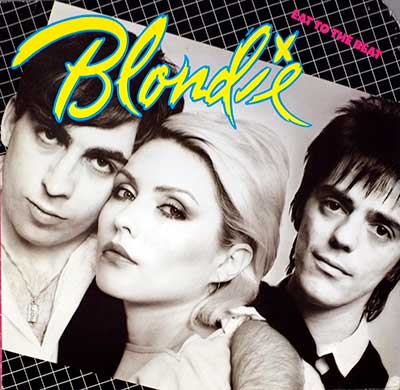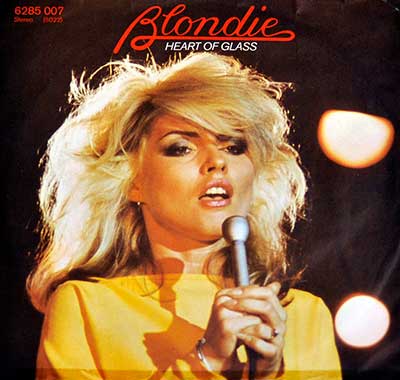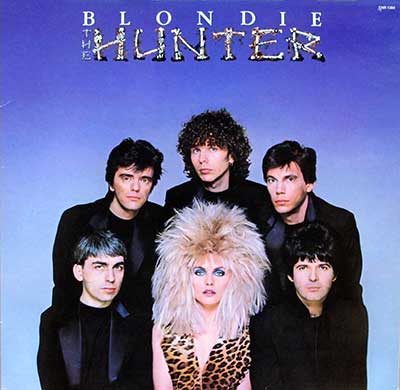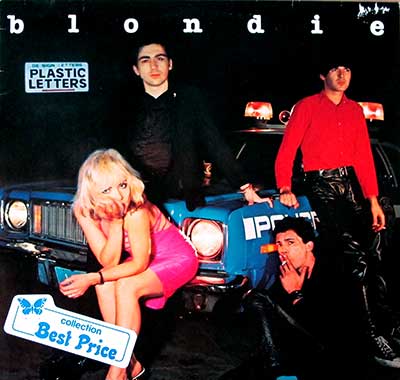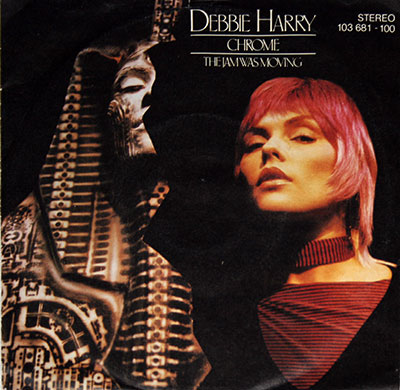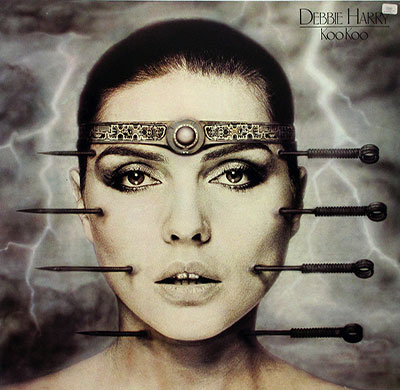"Chrome" Album Description:
Debbie Harry's "Chrome" b/w "The Jam Was Moving" 7" vinyl single is a timeless musical artifact that captures the essence of the music scene of its era. Released on February 20, 1981, this single stands as a testament to Debbie Harry's influential role in shaping the sound and style of the late 1970s and early 1980s.
The creation of this single is rooted in the dynamic landscape of the music industry during that period. Debbie Harry, the lead singer of the iconic band Blondie, was already a celebrated figure in the punk and new wave scenes. Blondie's fusion of punk, rock, and pop elements had garnered widespread acclaim, and Harry's distinctive voice and captivating stage presence made her a fashion and music icon.
"Chrome," the A-side of the single, is a track that showcases Blondie's ability to seamlessly blend genres. The song features a pulsating rhythm, catchy hooks, and Harry's sultry vocals, creating a sonic experience that resonated with a diverse audience. The B-side, "The Jam Was Moving," continues the trend of infectious melodies and showcases Blondie's versatility as a band.
The 7" vinyl format of the single, complete with a picture sleeve, adds to its collectible and nostalgic value. The picture sleeve typically features striking visuals that capture the spirit of the songs and the era. Often, such sleeves are adorned with bold graphics, photographs, or artwork that reflect the aesthetics of the time.
The release date in 1981, places this single at a juncture where the music industry was undergoing significant changes. The punk movement had given way to the new wave, and artists were exploring new sounds and production techniques. Blondie, always at the forefront of musical innovation, embraced these changes, and "Chrome" b/w "The Jam Was Moving" is a reflection of this artistic evolution.
